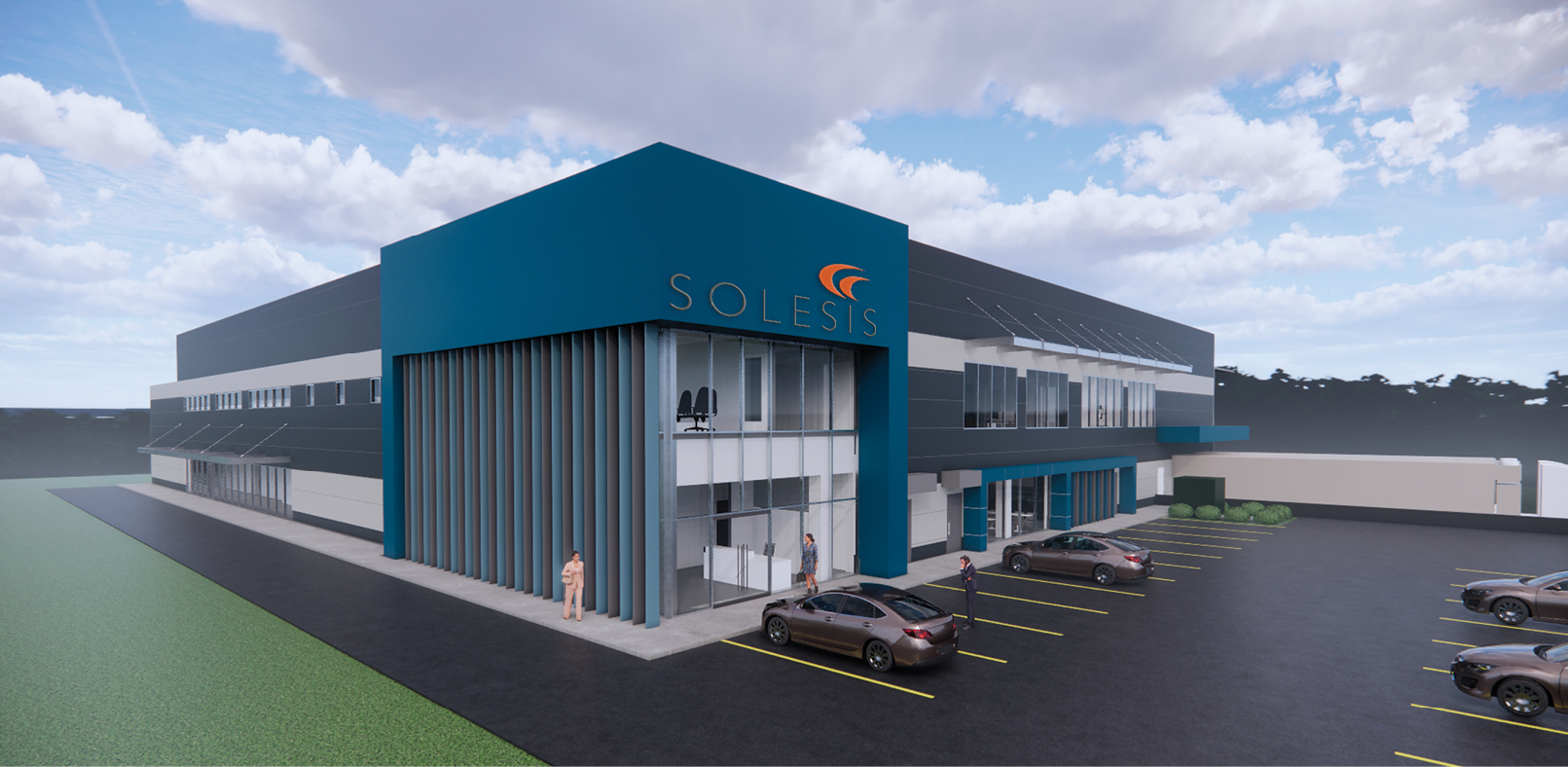Costa Rica’s recognized prowess in medical device manufacturing continues to attract many of the industry’s biggest names to Central America. Over the last decade, the country has experienced a surge of investment from life sciences corporations, driving a major shift in the country’s economy.
From 2014 to 2022, medical device exports from Costa Rica grew from US$1.68 billion to $5.87 billion, an annual growth rate of 17%, according to the Costa Rican Foreign Trade Promotion Agency (PROCOMER). By 2016, medical devices surpassed bananas and tropical fruits as Costa Rica’s No. 1 export, their impact outpacing predecessors by the billions.
Built by Incentives
In September, the world’s second largest device manufacturer, Johnson & Johnson MedTech, announced plans to construct a 205,000-sq.-ft. manufacturing plant in a free trade zone in Grecia, expected to create 3,000 jobs in the region over the next few years. By selecting a location within an FTZ, Johnson & Johnson are set to benefit from the plethora of advantages Costa Rica’s Free Trade Zone Regime offers eligible foreign manufacturers, including:
- 100% exemption on import duties on capital goods, components, and raw materials;
- 100% exemption on capital taxes;
- No restriction on foreign currency management and profit repatriation;
- 100% exemption on local sales and excise tax;
- 100% exemption from export taxes;
- 100% exemption on corporate income taxes;
- The option to sell to Costa Rican exporters;
- Expedited on-site customs clearance.
Like Johnson & Johnson, many of the more than 90 life sciences companies located in Costa Rica are operating within free trade zones, establishing an expansive network for this industry in these designated areas.
Access to Industry Partners
In February, Solesis, a life sciences corporation comprised of Secant Group, Polyzen, Charter Medical and SanaVita Medical, announced plans to build a new manufacturing facility at the Greenpark Free Trade Zone in Alajuela, a municipality that already boasts an array of industry giants including Abbott Labs, Boston Scientific, Heraeus Medical Components, Pfizer, St. Jude Medical, Moog and Fisher Scientific.
“Expanding into Costa Rica will significantly increase our global capacity, enabling us to rapidly expand and optimize our resources to provide our customers with comprehensive business continuity avenues that mitigate supply chain risks,” said Solesis COO Jeff Robertson in a statement. “Costa Rica is a global medical device hub and a prime location for expanding the production of our critical health care solutions. In fact, many of our customers already have established manufacturing operations in this region and we look forward to continued collaboration with them.”
Located around 25 miles outside of Costa Rica’s capital San José, this facility will be the company’s first site dedicated to the production of implantable textile components, polymer-based devices and components, and single-use technologies for the medical device and biopharmaceutical industries.

